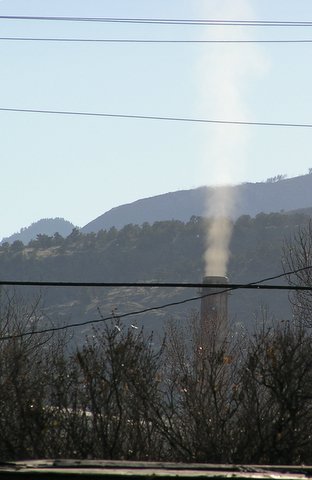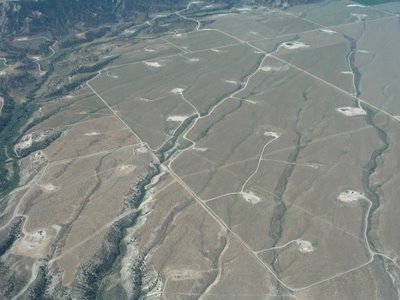Our Resolutions
Well, 2006 is coming to an end. We've learned some lessons, counted our mistakes and tallied our successes, made progress toward clean air, and are ready to enter the New Year fresh, inspired, and ready to go.
And as 2007 gets nearer and nearer, it's time to get our New Year's resolutions down in writing. We've done that, and now we'd like to share our resolutions with you.
Resolution #1: Empower more families to get involved in efforts to clean air.
Resolution #2: Get 500 new members.
Resolution #3: Hold at least six member outreach events like parties and slideshows.
Resolution #4: Raise at least $75,000 to sustain Rocky Mountain Clean Air Action for 2007.
Resolution #5: Get stronger rules to reduce air pollution from oil and gas development in the Rocky Mountain region, including in states outside of Colorado.
Resolution #6: Reduce toxic air pollution in inner city Denver by 75%.
Resolution #7: Hold more polluters accountable to clean air.
These are basic, yet very important resolutions for Rocky Mountain Clean Air Action. Can we do it? Well, we'll certainly need a little help. You can help us today by joining Rocky Mountain Clean Air Action. Just click here to join online in seconds >>
We have a growing membership of people committed to clean air and healthy communities, in Colorado and beyond. We'd love to have you be a part of our efforts to achieve our resolutions in the coming New Year. Together, we can make a huge difference for the health of our families, our children, and our communities.
2007, here we come!





